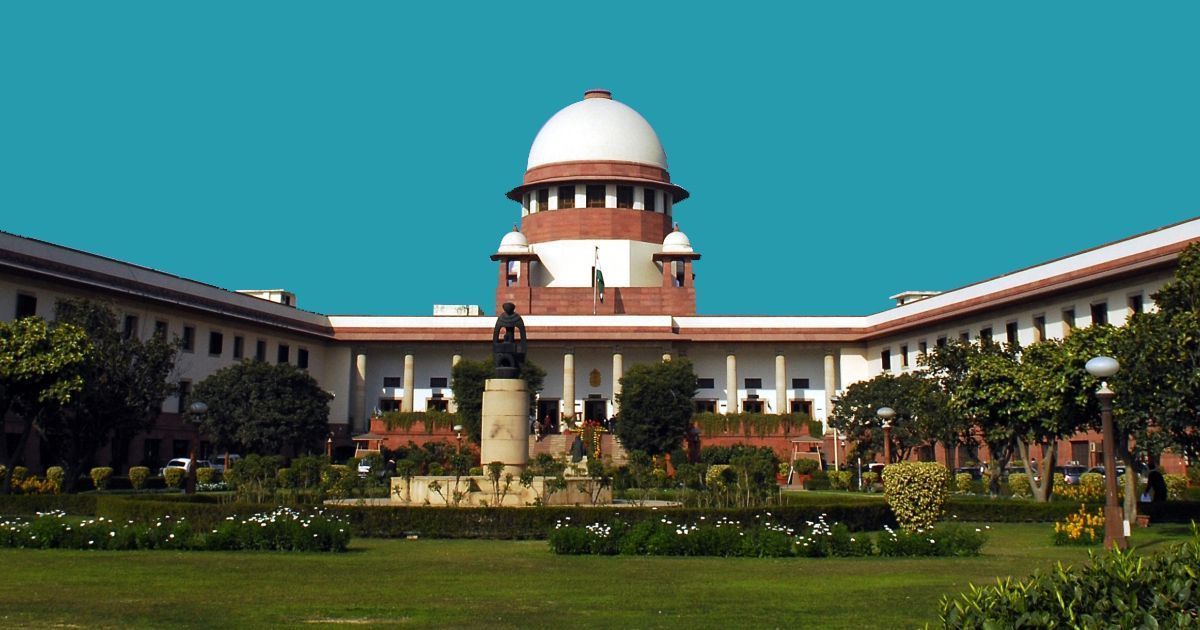Are disputes between landlord and tenant arising under the Transfer of Property Act excluded from the scope of arbitration. A three-judge Bench of the Supreme Court will now decide this question after the correctness of the judgment in this regard, Himangni Enterprises v. Kamaljeet Singh Ahluwalia [(2017) 10 SCC 706] has now been referred to a larger Bench.
A Tenancy Agreement was entered into between the landlord’s predecessor-in-title and the appellants/tenant in 2006 in respect of certain godowns and other structures.
In 2012, the tenancy was attorned in the name of the respondent, and the appellants paid rent to the respondent as the earlier landlord had surrendered his leasehold rights in favour of the respondent.
In 2015, a letter was sent by the respondent calling upon the appellants to deliver vacant and peaceful possession of the premises on the expiry of the 10-year tenancy period, i.e., on February 1, 2016. A reminder to this effect was also sent on December 30, 2015. As the tenant did not vacate the premises, arbitration was invoked by the respondent by a notice sent to the appellants.
The respondent filed the Section 11 petition before the Calcutta High Court for the appointment of an arbitrator.
On September 7, 2016, the High Court passed an order appointing an arbitrator, after rejecting the appellants’ objections on the arbitrability of the dispute between the parties. After this, the arbitral proceedings began and eighteen sittings were held.
Advocate Saurav Agarwal appearing on behalf of the respondent submitted that Himangni Enterprises was wholly distinguishable as it did not apply to a situation of a lease expiring by efflux of time. He also pointed out that certain High Court judgments had, after Himangni Enterprises, distinguished the said judgment on this and other grounds. As an alternative submission, he said that, in any case, Himangni Enterprises would require reconsideration as it did not state the law correctly. He also said that the appellants had willingly participated in the arbitration proceedings in this case
The Court at the outset noted that there was nothing in the Transfer of Property Act to show that a dispute regarding the determination of a lease arising under Section 111 cannot be decided by arbitration.
The Court analysed Sections 111, 114 and 114A in this regard and held that every one of the grounds stated in Section 111, whether read with Section 114 and/or 114A, are grounds which can be raised before an arbitrator to decide as to whether a lease has or has not determined.
It also placed reliance on Booz Allen and Hamilton Inc. v. SBI Home Finance Limited and Others [(2011) 5 SCC 532] to explain the scope of arbitrability.
The Court then addressed the main contention which was regarding the correctness of Himangni Enterprises.
This judgment concerned itself with a landlord-tenant dispute in which the Delhi Rent Act, 1995 was admittedly inapplicable. However, in paragraph 18 of the said judgment, this Court said: “18. In our considered opinion, the question involved in the appeal remains no longer res integra and stands answered by two decisions of this Court in Natraj Studios (P) Ltd. vs. Navrang Studios, (1981) 1 SCC 523 and Booz Allen & Hamilton Inc. vs. SBI Home Finance Ltd. against the appellant and in favour of the respondent.”
Courtesy/By: Sakshi Shukla
|
09 Mar 2019

